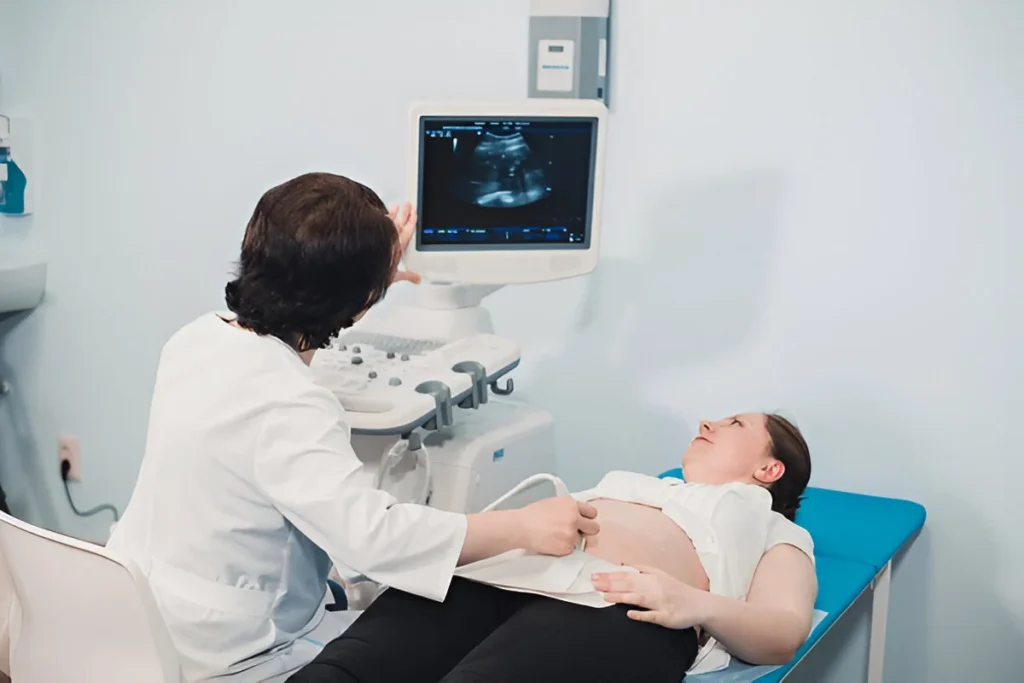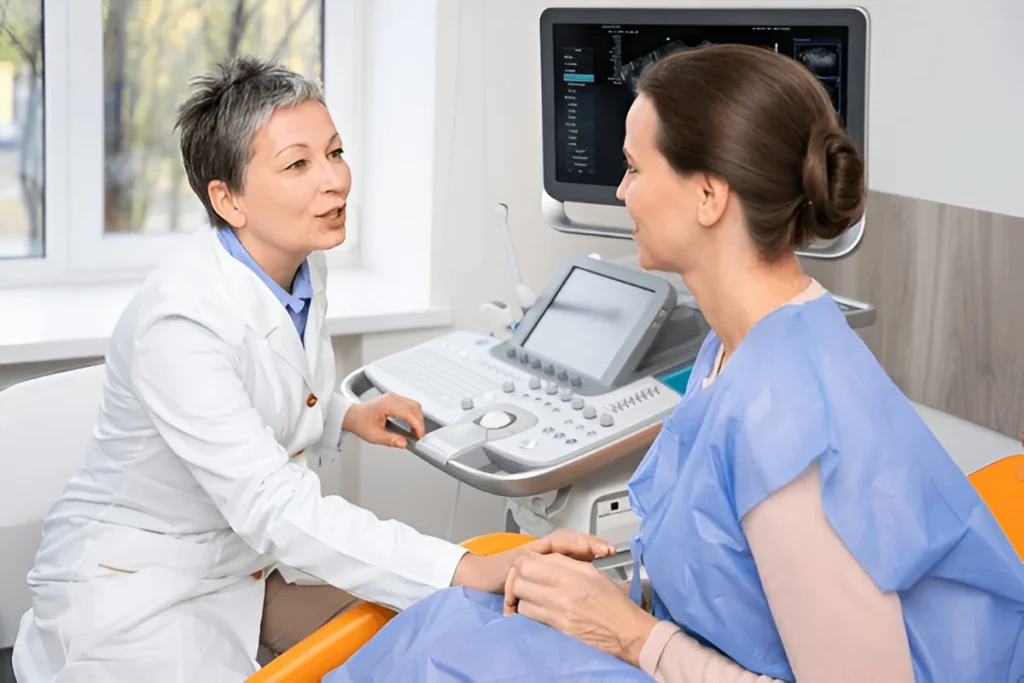-
Ganesh Talkies, Kolkata
Ganesh Talkies, Kolkata

Discover which prenatal tests are essential in early pregnancy with insights from a reputed gynecologist, ensuring a safe journey for mother and baby.
Pregnancy is one of the most transformative stages in a woman’s life. From the moment it begins, the body undergoes several changes, and monitoring both the mother and baby becomes a priority. This is where prenatal tests come into play. They are not just routine checkups; they are scientific tools that help detect potential complications, assess the baby’s development, and ensure the mother’s health is on track.
But with so many tests available, expecting parents often ask: Which prenatal tests are truly essential in the first trimester?

The first trimester (up to 13 weeks of pregnancy) is a critical window for fetal development. Organs are forming, the placenta is developing, and important changes are taking place in the mother’s body. Early tests help to:
In simple words, these tests are about prevention, early detection, and peace of mind.
Here are the most important tests recommended by gynecologists:
Blood work is usually the first step during early pregnancy. These tests check for:
A urine test can detect infections and protein or sugar levels, which may indicate gestational diabetes or preeclampsia risk.
The dating scan (around 6-9 weeks) confirms pregnancy viability, estimates the due date, and checks the heartbeat. This scan reassures both the doctor and the parents.
Performed between 11 and 14 weeks, this scan measures the fluid at the back of the baby’s neck. Combined with a blood test, it helps assess the risk of chromosomal conditions like Down syndrome.
Usually paired with the NT scan, this blood test evaluates hormones and proteins to assess genetic risk factors.
This test screens for infections (Toxoplasmosis, Rubella, Cytomegalovirus, Herpes) that may harm the baby if undetected.
Optional but increasingly common, this test checks if parents carry genetic disorders that may be passed to the baby.

Not all pregnancies are the same. Some women may require extra tests based on:
Here, the expertise of the best lady gynecologist in Kolkata plays a vital role. An experienced doctor can assess personal health conditions and recommend the right tests at the right time, avoiding unnecessary stress.
Many women hesitate to undergo certain tests, fearing risks or unnecessary stress. It’s important to remember that most prenatal tests are non-invasive and safe. Moreover, results do not always confirm a problem—they often highlight risk levels so that preventive steps can be taken.

Q1. Are all prenatal tests mandatory?
Not necessarily. Essential tests are recommended for all, but additional tests depend on medical history and doctor’s advice.
Q2. Can prenatal tests harm the baby?
Most early tests, like ultrasounds and blood work, are safe. Invasive procedures are only advised if there’s a strong medical reason.
Q3. When should I schedule my first prenatal test?
Ideally, as soon as pregnancy is confirmed—usually around 6 to 8 weeks.
Q4. Do prenatal tests guarantee a healthy baby?
They cannot guarantee outcomes but can identify risks early, allowing timely interventions.
Q5. How do I prepare for these tests?
Follow your doctor’s advice, maintain a healthy lifestyle, and keep a record of your medical history.
Early pregnancy is a delicate phase where the right guidance makes all the difference. Prenatal tests serve as essential checkpoints that safeguard both mother and child. They provide clarity, reassurance, and a roadmap for safe pregnancy management.
For women in Kolkata, many seek trusted medical guidance from specialists who understand these nuances deeply. One such expert is Dr. Megha Khanna, who combines experience, compassion, and advanced care to support women through every stage of pregnancy. With the right approach and timely tests, expecting mothers can embrace this journey with confidence and joy.